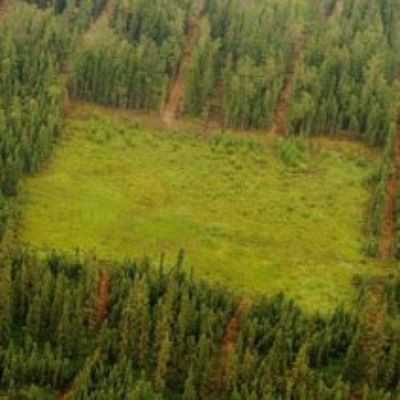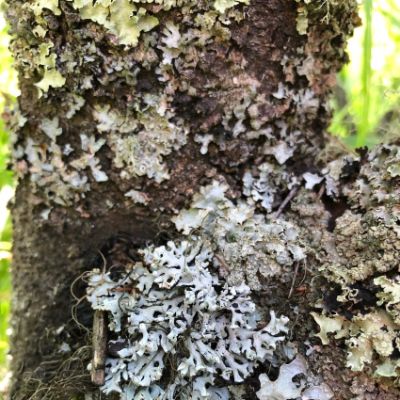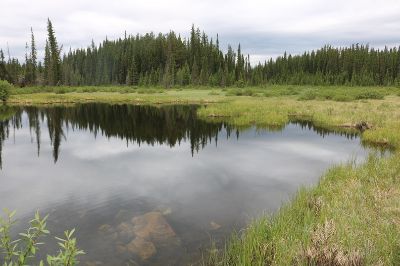
Why Biodiversity Matters
Without biodiversity, we don't have ecosystems—communities of living things (such as plants and animals) and their interactions with their environments. Healthy ecosystems are critical to our health and well-being. The benefits they provide, also known as ecosystem services, are often taken for granted and include important services such as clean drinking water; protection from floods; and the raw materials for food, shelter, clothing, and medicine.
The following are some examples of ecosystem services that we value.
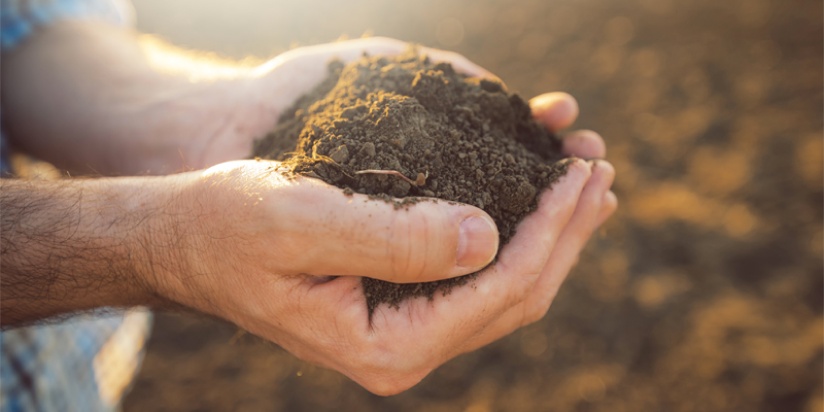
Productive, fertile soils are essential for the success of Alberta’s farmers and ranchers. All life above ground, including planted crops, depends on the activity of below-ground biodiversity—such as bacteria, fungi, mites, worms, and ants—to break down organic matter and cycle nutrients back into the soil.
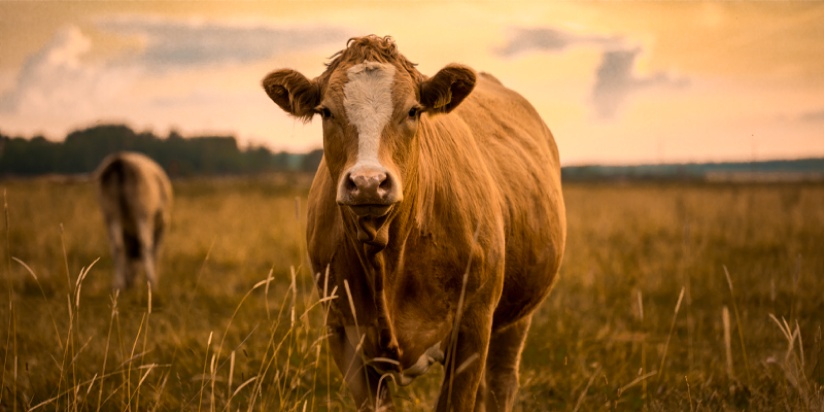
Ranchers in Alberta have been grazing their cattle on native grassland for over a century. The forage provided by native grassland is a critically important food source relied upon by ranchers to feed their livestock during the growing season.
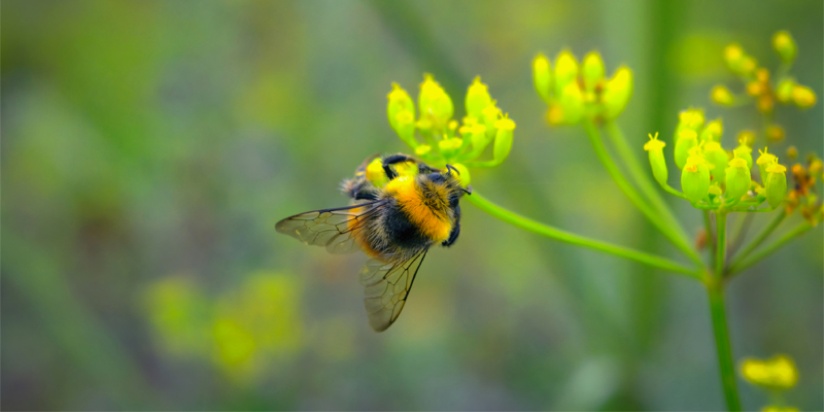
Wild pollinators like bumblebees are incredibly efficient and effective at pollinating native plants and commercial crops. Wild pollinators nesting in natural areas within agricultural landscapes can promote the yield of nearby crops like canola and alfalfa. And while domesticated honeybees are used for many commercial agricultural practices, they are not effective pollinators for some plants, such as blueberries.
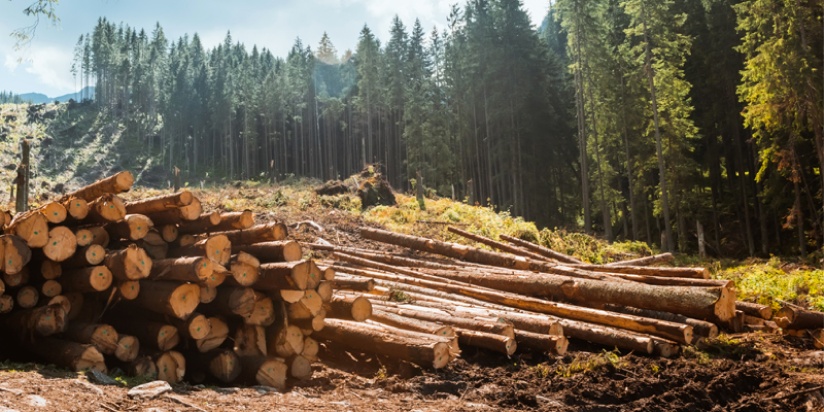
Trees from Alberta’s forest ecosystems generate timber that not only supplies our sawmills and pulp mills but also acts as an important storehouse of carbon, which helps to mitigate the impacts of climate change.
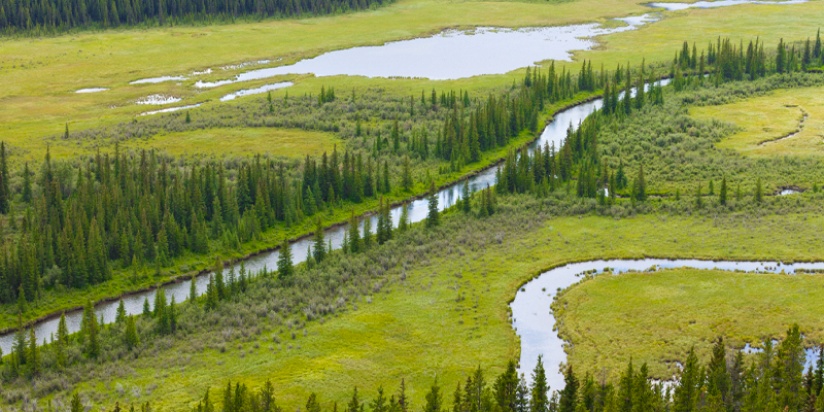
Riparian and wetland habitats act as natural water filters by removing pollutants and sediments from water. Maintaining healthy aquatic habitat in our environment is one of the most cost-effective way of providing a clean and reliable source of drinking water.

Camping, hiking, hunting, fishing, bird watching, or berry picking—Albertans love to spend time in the great outdoors. Alberta’s natural areas provide any number of recreational opportunities, enhancing our quality of life.
Assessment Project
The ABMI's Ecosystem Services Assessment project developed a system to map and assess ecosystem services across Alberta. This information will help us understand the supply and value of these services and how land use change might affect them.
We provide the tools to ensure that biodiversity is sustainably managed now and for future generations.
The ABMI’s Ecological Recovery Monitoring (ERM) project assesses ecological recovery of certified reclaimed oil and gas wellsites.
The RECCAP project—Retrospective Evaluation of Contaminants in Cryptogams in the Alberta Oil Sands Region Partnership—is exploring the use of ABMI data and specimens to determine environmental contaminant levels and their effects.
In this pilot project, we developed a dataset called HydroPatterns that maps open surface water dynamics over both space and time.
